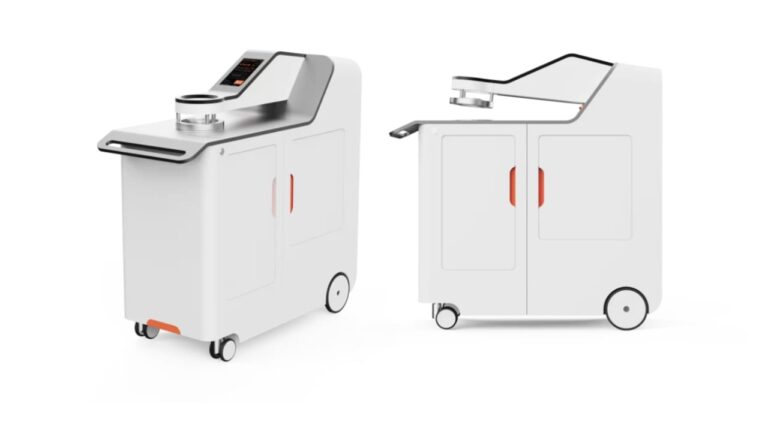In the textile industry, air permeability testing is crucial for ensuring fabrics meet the required standards for breathability and performance. Whether it’s for clothing, industrial fabrics, or medical textiles, measuring air permeability helps manufacturers deliver high-quality products. The Air Permeability Tester is an essential tool that accurately measures this property, allowing businesses to refine their fabric production processes.
What is Air Permeability and Why Does it Matter?
Table Of Contents
Air permeability refers to the amount of air that can pass through a fabric under specific conditions. It directly influences a material’s comfort, breathability, and overall performance. The ASTM D737 air permeability test is a standardised method that ensures consistent and reliable measurements across different types of textiles.
The importance of air permeability varies depending on the fabric’s intended use. For example, breathable fabrics are critical for activewear, medical garments, and outdoor gear to ensure comfort and functionality. On the other hand, fabrics used for industrial filters or protective clothing may require lower permeability to serve their purpose effectively.
Factors Affecting Air Permeability of Fabric
Several key factors influence the air permeability of fabric, including:
- Fabric Weave: Tightly woven fabrics generally have lower air permeability, while loosely woven fabrics allow more air to pass through.
- Fibre Type: Natural fibres like cotton and linen tend to be more breathable than synthetic fibres like polyester, which are often denser.
- Thickness: Thicker fabrics restrict airflow more than thinner ones, impacting the fabric’s overall permeability.
Understanding these variables helps manufacturers tailor their products to meet specific breathability requirements and achieve a good air permeability value for their desired application.
The Air Permeability Tester: A Crucial Tool for Fabric Testing
The Air Permeability Tester is a high-precision instrument designed to measure the flow of air through textiles. This device is widely used across the textile industry to ensure products meet the required standard for air permeability. Whether you are testing fabrics for clothing, tents, or filters, this tool provides essential data to guarantee optimal performance.
Regular air permeability tester calibration is essential for ensuring the machine continues to provide accurate and reliable readings. Calibration ensures that every test is consistent, which is particularly important when manufacturing products that need to meet strict performance standards.
Applications of Air Permeability Testing
Air permeability testing has broad applications in various industries, from fashion to industrial sectors:
- Apparel Industry: The air permeability test on fabric is crucial for designing breathable sportswear, ensuring that garments can manage heat and moisture effectively during physical activity.
- Outdoor Gear: Fabrics used in tents and jackets must strike a balance between breathability and weather resistance. By calculating air permeability, manufacturers can optimize these materials for both comfort and protection.
- Industrial and Medical Applications: Filters, masks, and other medical textiles rely on precise air permeability to function correctly. Ensuring that fabrics meet specific permeability requirements is key to product effectiveness.
The air permeability tester tf164b is a highly trusted device in the textile industry due to its accuracy and compliance with international standards. It offers reliable measurements, helping manufacturers enhance the quality of their fabrics.
Calculating Air Permeability for Fabrics
To calculate air permeability, the flow of air through a fabric is measured in cubic centimetres per square centimetre per second. This data allows manufacturers to adjust fabric design, fibre choice, and finishing processes to meet the desired breathability.
For example, sportswear requires fabrics that allow maximum airflow to prevent overheating. Similarly, in medical textiles, achieving the right air permeability ensures comfort and protection for patients.
Conclusion
Air permeability testing is vital for ensuring that fabrics meet performance and comfort standards. With the use of an accurate air permeability tester, manufacturers can enhance fabric quality and meet industry-specific requirements. For high-precision testing and reliable results, explore the Air Permeability Tester to take your fabric production processes to the next level.
